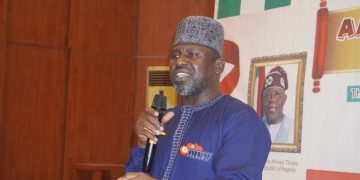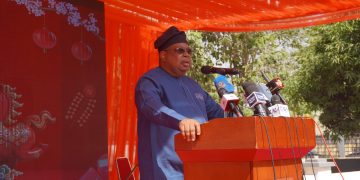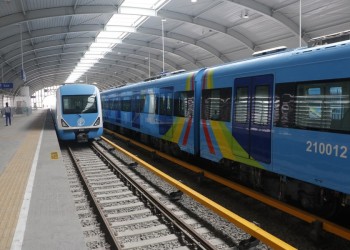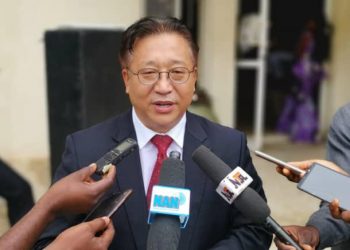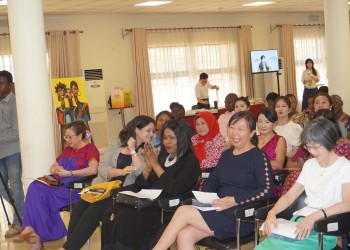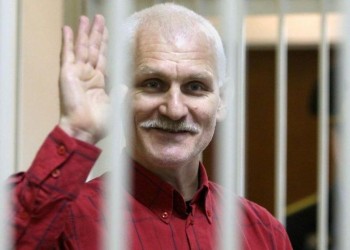Nigeria’s Minister of Works, Dave Umahi has announced that the federal government will revert to the original gazetted alignment for the Lagos-Calabar coastal highway project, abandoning the proposed new route that had sparked significant backlash.
The announcement was made during the 3rd stakeholders meeting of the coastal highway project held in Lagos on Thursday.
Umahi revealed that the decision to revert to the original alignment was driven by the need to address the concerns of various stakeholders, including telecommunications companies and residents of the Okun Ajah community.
The initial proposal suggested a new route that would have led to the demolition of 490 houses, while the original alignment would have resulted in the demolition of 750 illegally built houses. However, the minister stated that it was a tough decision either way.
“Ladies and gentlemen, we have our proposal here and we have the old alignment, the gazetted alignment,” Umahi said. “To the glory of God, to solve MTN, 2Africa and Okun Ajah community (complaints), we are diverting completely from the new alignment and we are rejoining back to our new alignment at kilometre 25. Congratulations.”
The minister’s announcement was met with enthusiastic applause and relief from the Okun Ajah community, who had previously expressed concerns over the potential demolition of their properties, including ancestral homes, due to the controversial highway project.
Umahi revealed that the decision to revert to the original alignment was not solely due to pushback from the affected communities, but rather a directive from President Bola Tinubu. The president is scheduled to visit Lagos on Sunday to officially flag off the coastal road project.
Members of the Okun Ajah community praised the Tinubu administration for the decision, viewing it as a responsive and adaptive approach to addressing their concerns.
The revised alignment, apart from preserving the community’s heritage, also avoids disrupting essential infrastructure, particularly submarine communications cables. Stakeholders present at the meeting hailed the decision as a positive step forward for the project.
The Lagos-Calabar coastal highway project is a critical infrastructure initiative aimed at improving connectivity and economic development along the southern coastline of Nigeria.
The decision to revert to the original alignment follows previous demolitions that impacted private businesses along the beachfront, including Landmark Africa Beach Resort.

















